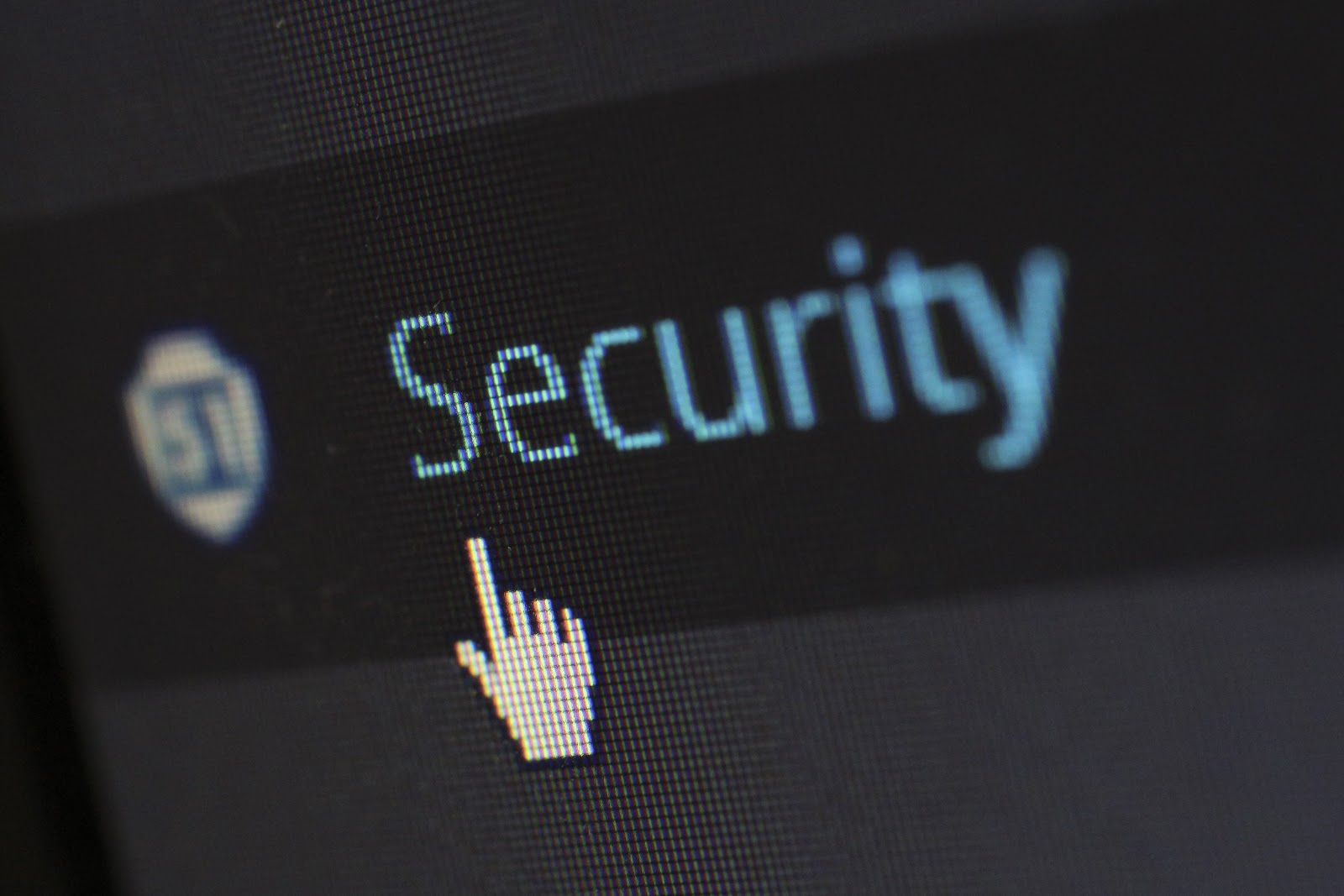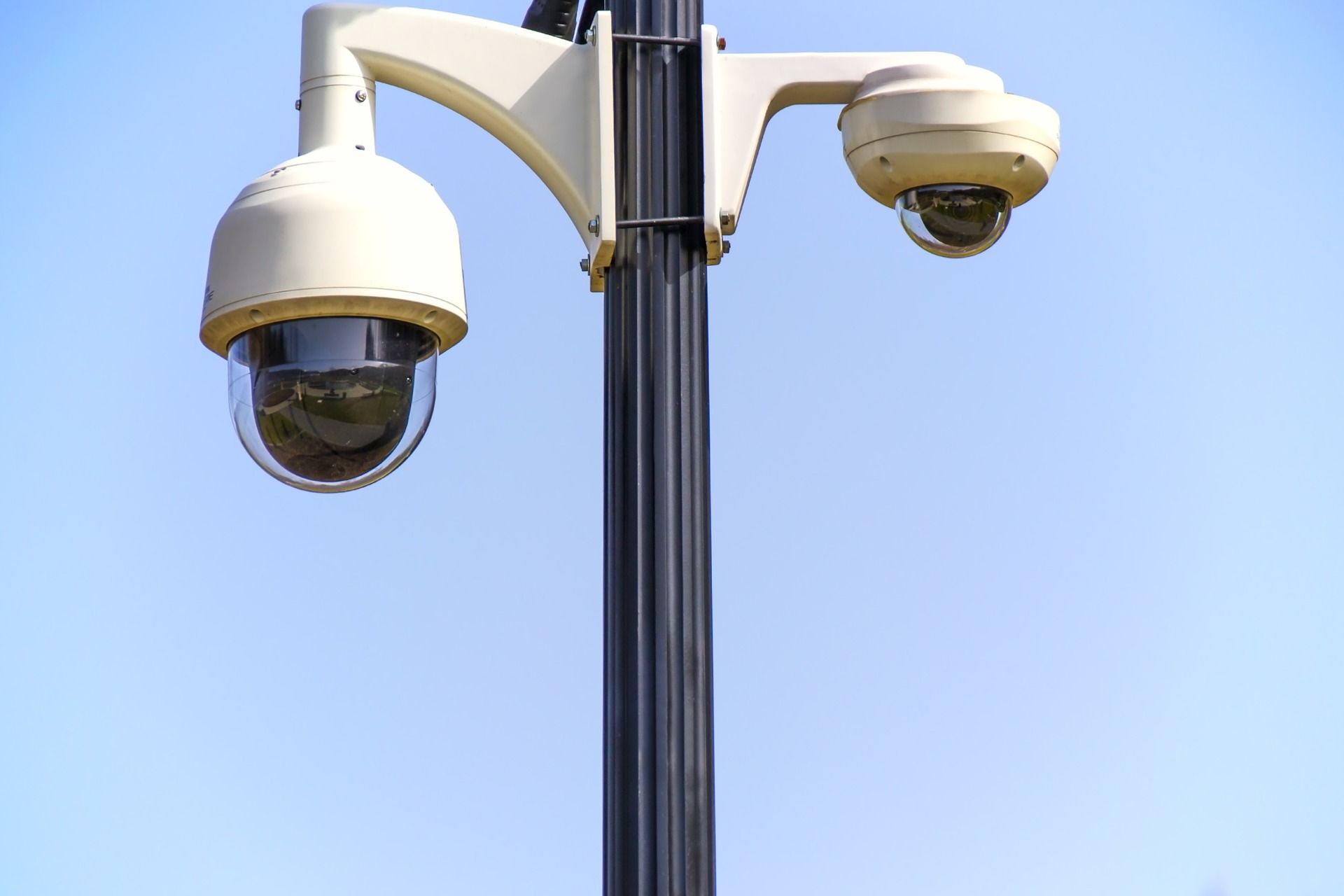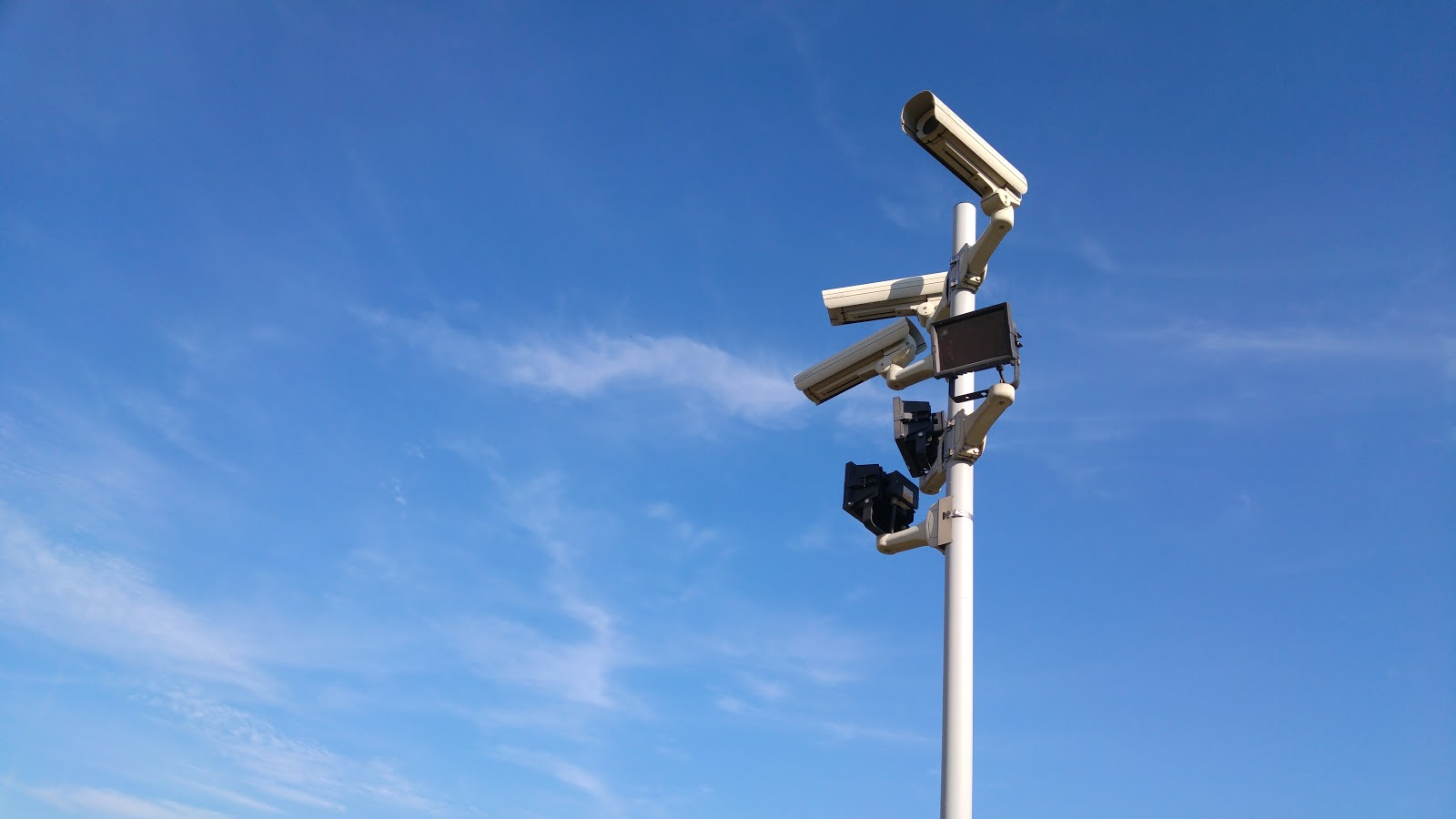Can Security Cameras Be Hacked?
Businesses, educational facilities, and other commercial spaces find comfort in protecting their people, property, and assets by installing...

As more and more businesses turn to technology to run their day-to-day operations and store their most valuable company and customer data, cyberattacks become an ever-growing concern for business owners.
Cybersecurity breaches can cost businesses heavily, and data loss can result in costly downtime and potentially irreversible damage. For businesses that utilize network-based managed security services, the cost of a breach in security is even worse, because it could put what matters most—people—at risk for a dangerous intrusion.
As any physical security consultant will advise, one of the most important things business owners can do to protect their employees, assets, and property against threats is to harden their network security.
Network needs and usage have expanded enormously in the past decade, leading more businesses to implement hosted physical security solutions. However, these systems require businesses to prioritize network hardening. The term “hardening” refers to the process by which business owners strengthen and secure their networks by reducing the potential for vulnerability.
Here are some effective ways to harden your network security and better protect your managed security services.
The first line of defense from network security breaches is the user password. Your business should have a strong password policy that ensures default passwords are always reset and that new passwords are chosen using strict password standards.
It is essential to choose a password that is unique and difficult to guess. In addition, passwords should encompass a combination of uppercase, lowercase, numbers, and symbols. Network and physical security consultants agree that passwords should be unique for each user and should be changed regularly.
To help keep your business networks safe, you should ensure that all employee devices have standardized software.
This means that employees’ devices all operate using the same operating systems, software, plugins, and the like. It also means not allowing employees to download unapproved software to their devices. This helps you keep a stronghold on who is and is not allowed to access your business’s network.
Another key way to safeguard your network is by using encryption. Encryption is a process that encodes data transferred via networks in a way that can only be accessed through a corresponding decryption process. This means that data is unreadable and inaccessible during the process of transit, keeping it safe from potential security threats.
System logs, which track user login attempts and activity, should be regularly checked for unauthorized users. Logs can list potential points of vulnerability and help your system administrators determine where breaches were attempted.
For example, if the log lists a specific user that has multiple failed login attempts, you can approach that user directly to determine the issue and change the password to protect the account.
You should have your system set to automatically update software. This is because as cybersecurity attacks become more complex, manufacturers create updates that help safeguard systems from future, similar attacks.
In the event that your system cannot update automatically, it is essential that your staff manually checks for updates as a part of regular maintenance. Most manufacturers’ websites provide details on how to check for system updates and instructions on how to update software.
As networks become a central aspect of many businesses’ managed security services, businesses must prioritize employee education on best practices for network security.
Ideally, you would partner with your Human Resources and IT department to conduct regular mandatory network security training, perhaps under the guidance of a physical security consultant. This will ensure that all your employees understand the importance of network security and can alter their online practices accordingly.
In the event of a network security breach, you should hold meetings with your employees to explain the full extent of the situation and how the attack occurred. This can help prevent future vulnerabilities.
At DSC, we take network security seriously. As a premier provider of life safety and security solutions, we are committed to designing hardened solutions that are complete with features that allow for seamless integration into cyber secure IT networks.
To see what DSC can do for your business’s network security, contact us today.

Businesses, educational facilities, and other commercial spaces find comfort in protecting their people, property, and assets by installing...

Many businesses and homeowners use security cameras as a preventative measure to help protect their people, assets, and property. Not only do...

As physical security breaches become an increasing problem for businesses of all sizes and scopes, physical security equipment, software, and...